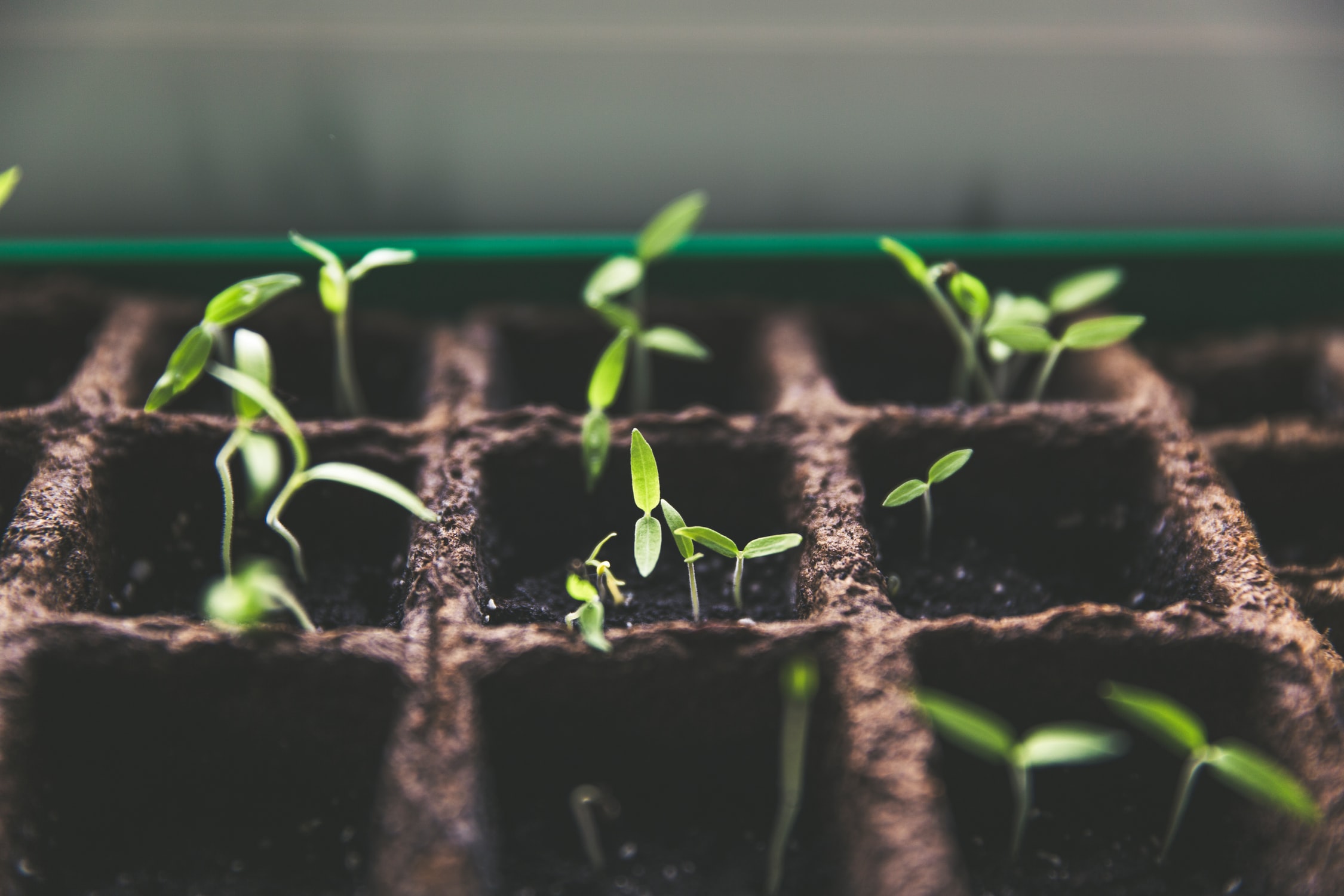We all have different levels of it, but mental resilience is what gets us through times of adversity, uncertainty and stress. The current COVID-19 pandemic – for many people – would fit the bill as one of these challenging times where calling on, or improving, our mental resilience is important. These tips from Dr Tony Hochberg, Chief Medical Adviser, Commonwealth Bank, and Dr Adrian Hyzler, Chief Medical Officer, Healix International, offer some easy ways to help keep a positive mental mindset through hard times.
Maintain a routine: This is so important! Maintain a regular routine to mimic the structure that your normal working life previously provided. This will go a long way in helping you to feel productive. Part of that routine should include showering and getting dressed; tempting though it may seem, don’t lounge around in your pyjamas all day.
Eat regular, healthy meals: Eating well will help maintain your physical and mental well-being. Whenever possible, make meals from fresh ingredients that you can buy locally.
Exercise: A fitness routine, whether it consists of a walk with the dog, skipping with a rope for 20 minutes in the garden or using any exercise equipment you might have at home, will serve as a distraction and help to boost your endorphins. If you were never a planned exerciser but commuted, make sure you factor in time to walk the same number of steps you would normally take in making your way to and from work.
Stay entertained: In your leisure time: read books, write in a journal, listen to music. Take the time to do things that you never had room for in your busy life.
Engage with others: Use video conferencing (FaceTime, Skype or Zoom, for example) to stay connected with colleagues, friends and family. In times like these, a phone call is better than a text.

Shut it down: Switch off social media for a few hours each day so that you are not constantly bombarded with distressing stories and incessant memes about the COVID-19 situation. This sounds extreme to some, but you might try deleting your social media app from your phone for the day! You’d be surprised how much better you’ll feel after a ‘digital detox’.
Know your sources: Select a small number of trustworthy media sources e.g. government sites so that when you do search for news about COVID-19 you are not reading fake news, opinion pieces and viral threads that only increase your anxiety. Be careful what you share on social media; be aware that you could be contributing to others’ anxiety.
Break the 24/7 news cycle: Don’t constantly monitor the news. Set aside a short period each day to check news stories and let that be it. Don’t watch the news in front of others who may be very anxious about the situation and certainly don’t watch the news with children or young adults – set time to explain aspects of what is going on to family but reassure loved ones that you will be there to care for them and not to worry.
Explore: While practicing social distancing (staying 1.5m apart at minimum) take note that the outdoors is still there! There are other people walking, jogging and riding bikes. You can maintain a safe distance from them while still offering a smile and a wave.
Have some fun: Join online communities for an hour of Scrabble, Monopoly or other traditional games that can now be played remotely in order to get a sense of community.
Get enriched: Learn a new language or skill, maybe enrol in an online course.
Tackle your DIY list: Do those tasks you have been putting off forever, including household repairs and gardening, cleaning and even wardrobe organisation
Don’t be afraid to ask for help: If you do get anxious and need some professional help, access mental health professionals via help lines that are open 24 hours a day. Know that everyone will get anxious about this pandemic to some degree and it’s okay not to be okay. Reach out and get help early.
Remember to breathe: It sounds pretty basic but take a deep breath whenever you start to feel overwhelmed. You may also want to try meditation apps as well as online yoga classes and wellbeing videos.
Be kind: This goes for yourself, your colleagues and those around you; check up on vulnerable neighbours and offer assistance as you’re able. Help with shopping for food and medications (drop things off at the door) or offer simple conversation (maintaining social distancing of course).
Take space: If you are in a family, give each other breathing room and time away from each other. ‘Me’ time is important.
Try and find some meaning: Focus on what matters the most to you and take some time to really bond with those you care about.
If you have mental health concerns which are worrying you, Head to Health is an Australian Government hub with a range of resources focused on supporting Australians through the current COVID-19 pandemic as well as contacts for professional services. Make sure you do reach out to a professional or someone who can help.
Useful links
https://positivepsychology.com/mentally-strong/
https://headtohealth.gov.au/covid-19-support/covid-19
https://www.cbhs.com.au/health-well-being-blog/blog-article/2020/03/25/how-to-strengthen-your-immune-system
https://www.cbhs.com.au/health-well-being-blog/blog-article/2020/03/25/pandemic-anxiety-how-to-help-yourself-and-your-family-through-a-time-of-crisis
All information contained in this article is intended for general information purposes only. The information provided should not be relied upon as medical advice and does not supersede or replace a consultation with a suitably qualified healthcare professional.